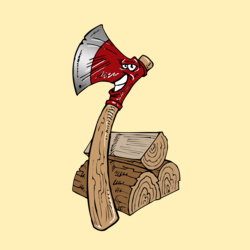 Last Tuesday the Republic of Gabon celebrated the 50th anniversary of its independence from France. Gabon is located on the western coast of Africa, bordering Equatorial Guinea, Cameroon and the Republic of Congo. First visited by Europeans in the 15th Century, the country became a French colony in 1885 and remained a part of French Equatorial Africa until granted independence on 17th August 1960.
Last Tuesday the Republic of Gabon celebrated the 50th anniversary of its independence from France. Gabon is located on the western coast of Africa, bordering Equatorial Guinea, Cameroon and the Republic of Congo. First visited by Europeans in the 15th Century, the country became a French colony in 1885 and remained a part of French Equatorial Africa until granted independence on 17th August 1960.
Although international pressures forced France to grant the country independence, France continued to protect its financial and political interests in the country by funding the election campaign of the pro-French Léon M’ba, who was elected first president in 1961, with Omar Bongo Ondimba as vice president. M’ba was an authoritarian ruler, suppressing the press and political opponents. An army coup in 1964, which sought to restore parliamentary democracy, was defeated by the intervention of French paratroopers.
M’ba died in 1967 and was succeeded by Bongo, who remained president until his death in 2009, after which his son Ali Ben Bongo became president. Although the country’s governance record has been poor, governance in many other African countries is far worse. Gabon has a substantial income from offshore oil and it exports manganese, iron and wood, so that it is one of the richest countries in Africa in terms of income per person.